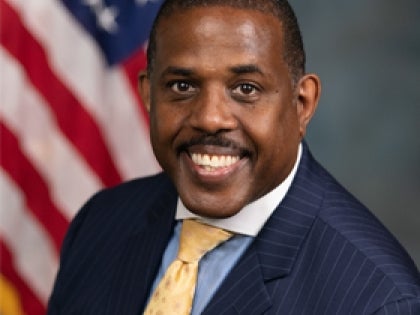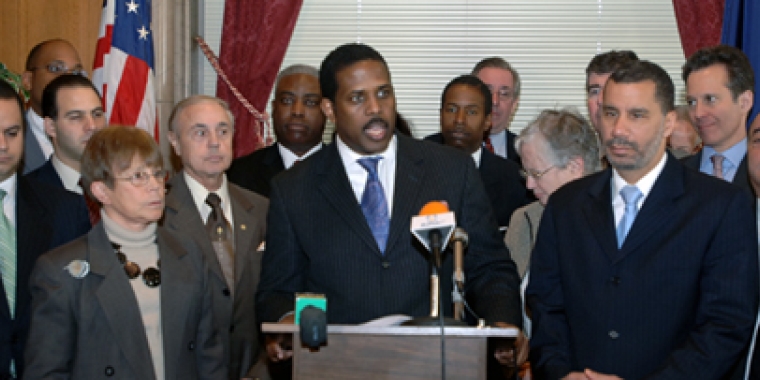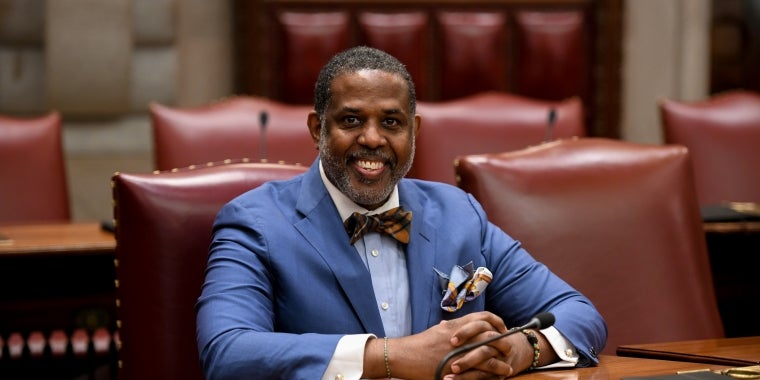
Senator Parker Urges Hmos To Help Close The Healthcare Gap In New York's Underserved Communities

“By using just a fraction of HMO’s record profits, we can invest in affordable health care options for working families and others currently falling through the health care safety net,” said Senator Parker. “It strikes me as only reasonable and fair that a small portion of their windfall should be invested back into our health care system for the betterment of patients.”
The Democratic plan calls for the creation of two new funds – the Community Health Care Investment Fund and the Health Care Entrepreneurial Stimulus Investment Fund – with each fund receiving $35 million to be paid by HMOs based on their percentage of profits.
Senator Parker said the proposal sprang from the Senate Democrat’s Task Force on Health Disparities. The initiative, which convened four roundtable discussions around the State between December 2005 and June 2006, received input from concerned consumers, health professionals, advocates, and academicians.
Senator Parker also said he was not surprised to learn that infant mortality rates are far higher in poorer neighborhoods than in wealthier areas. “If the rate among African Americans in
The New York State Community Health Care Investment Fund would be administered by the Department of Health. It would provide grants to eliminate health disparities identified by the
A second part of the Senate Democratic proposal -- the Health Care Entrepreneurial Stimulus Investment Fund, -- would provide grants to start-up entrepreneurs and to laid-off workers seeking to start their own businesses who are without health insurance and who qualify and sign up for the Healthy New York program.
“It is simply unconscionable that low-income New Yorkers die from treatable conditions every day,” said Senator Parker. “And while three million of our residents go without health insurance, HMOs boost their premiums and profits,” he added.
To remedy the glaring inequity, the proposed legislation also returns the regulation of HMO rates to the State Insurance Department. Since 1999, HMOs have been permitted to charge whatever premiums they choose, without the approval of the State Insurance Department and with no requirement that rate increases be justified. A measure would require public hearings before any rate increase of more than 5 percent is allowed.
By enacting this law, we will drastically improve the health of our families, communities and small businesses,” Senator Parker concluded. “These large, thriving companies have a moral responsibility to be part of the solution to



